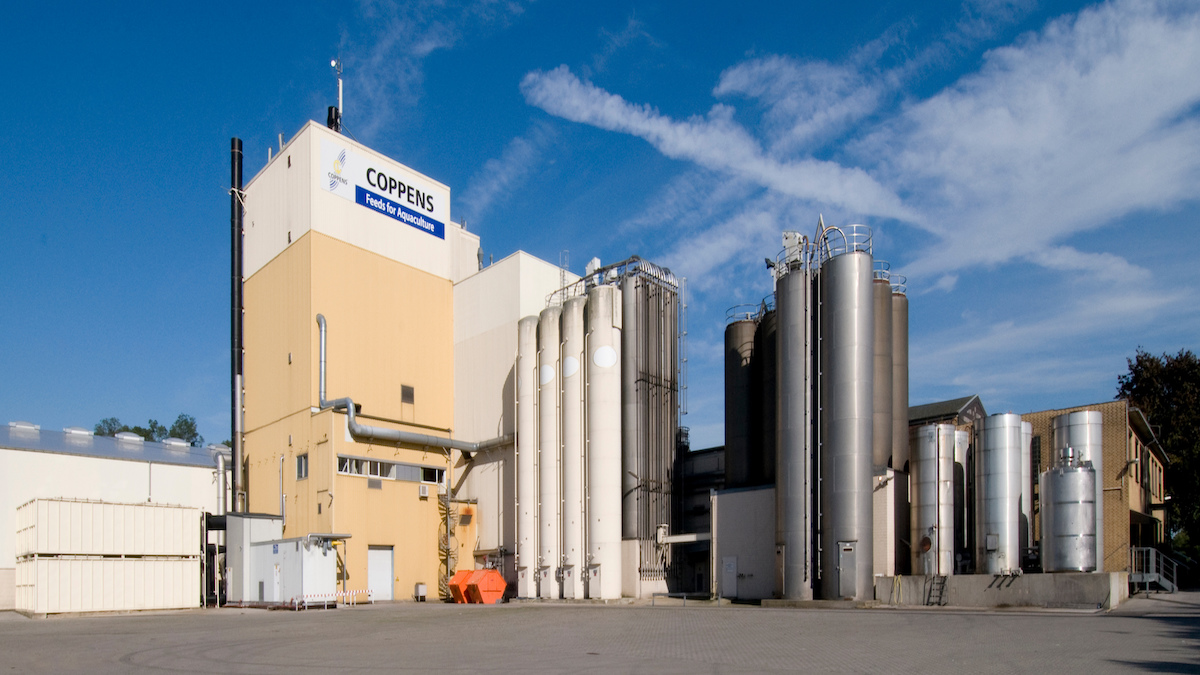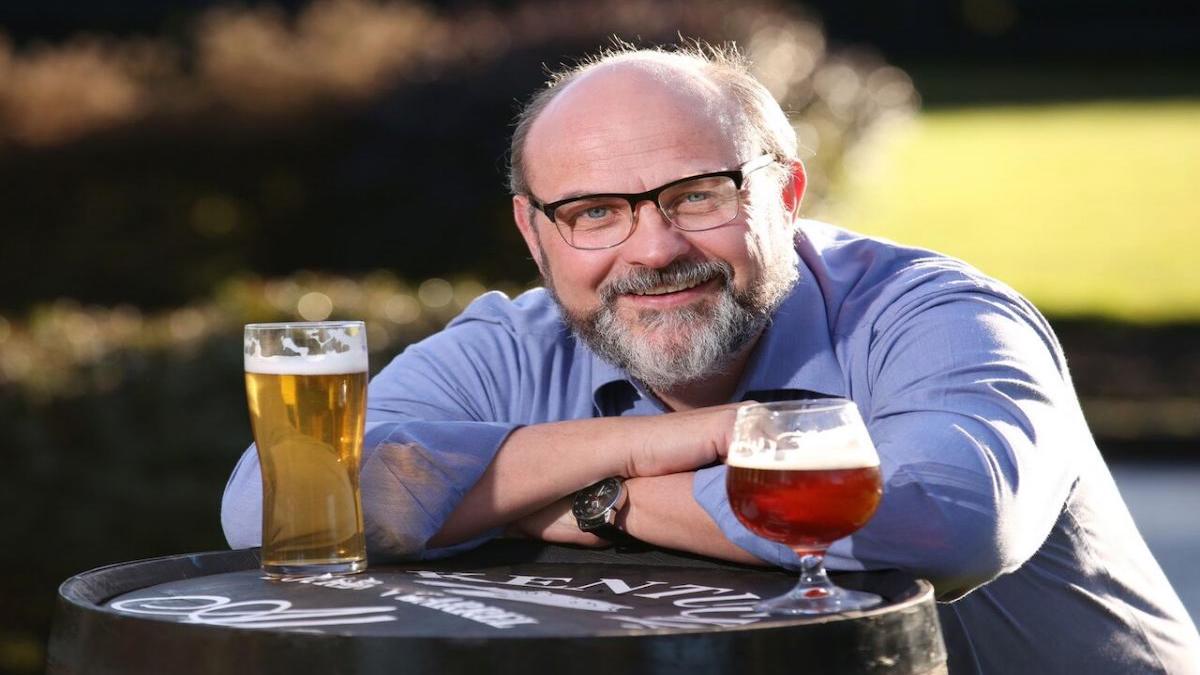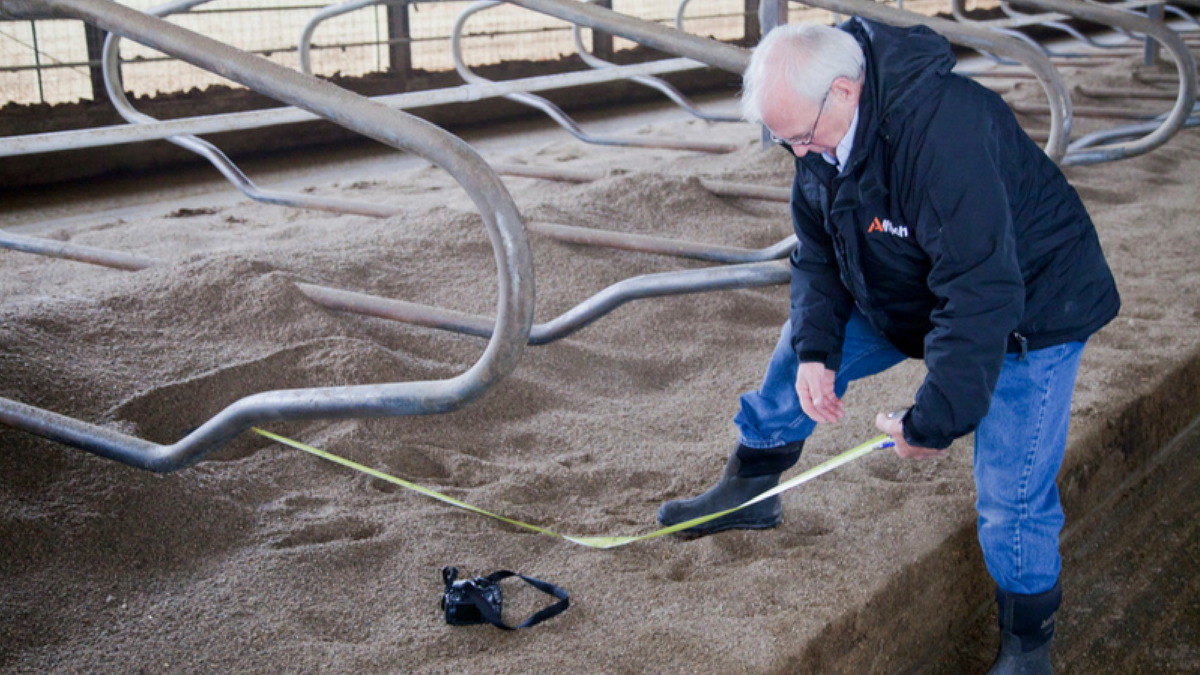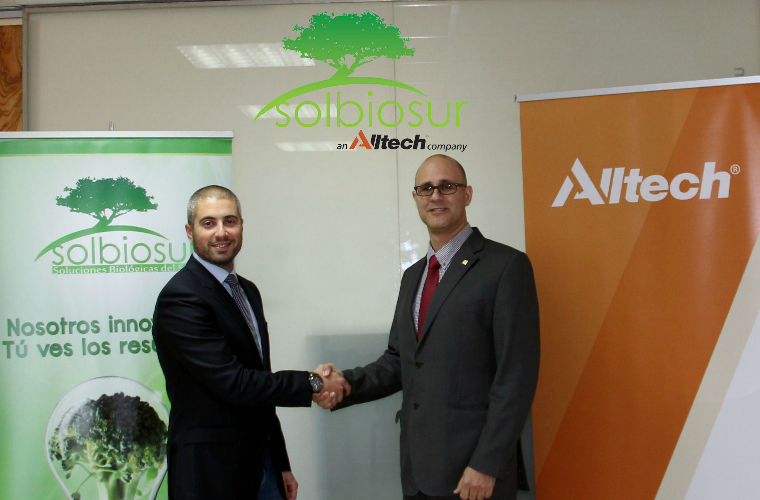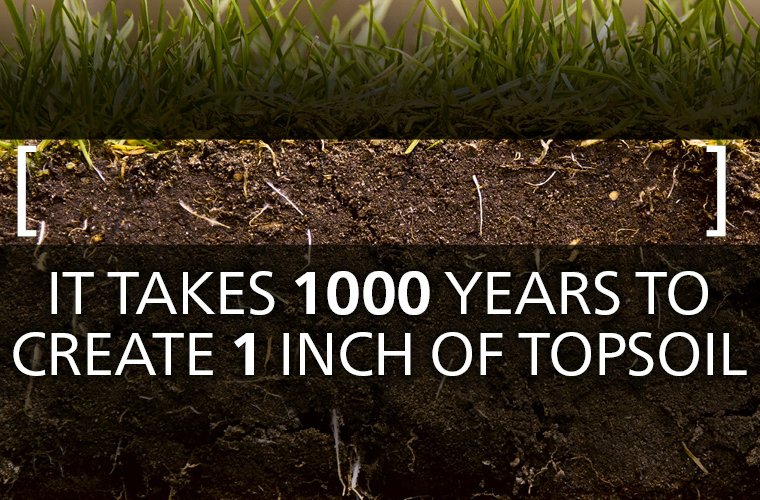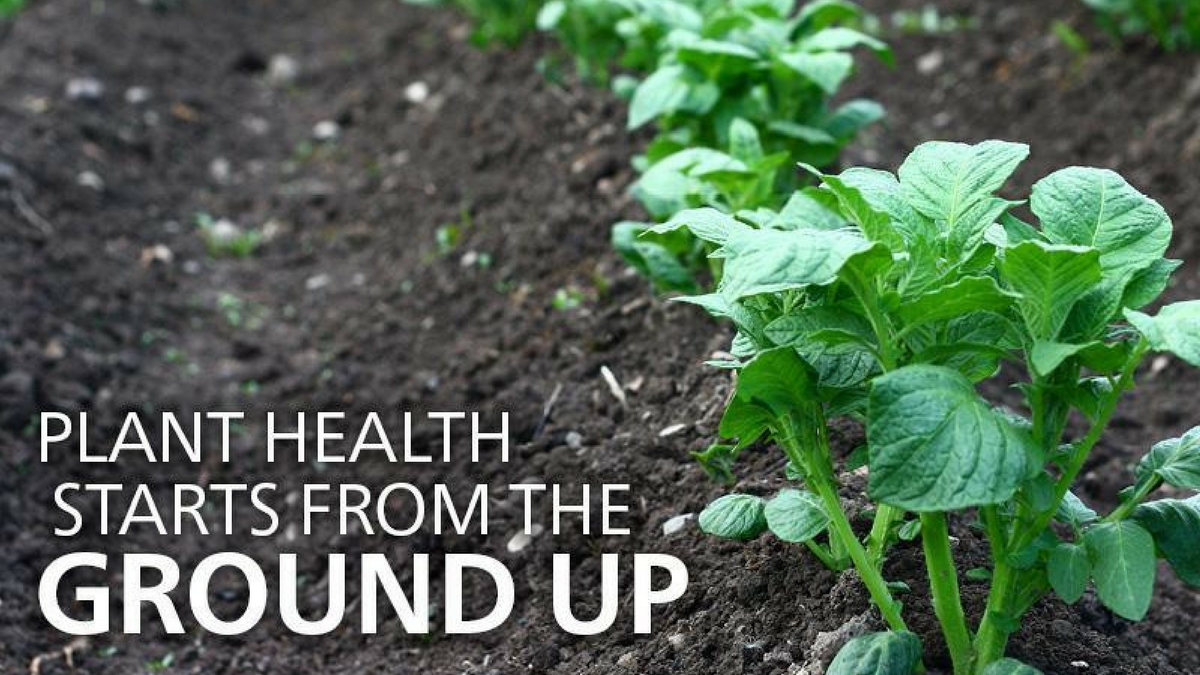Coppens International anuncia para el 2017 importantes innovaciones en el sector de piensos acuícolas
La incorporación de varias soluciones nutricionales de Alltech propicia importantes avances para la industria.
El 2016 ha sido un año intenso para Coppens International, una empresa de Alltech y proveedor líder de soluciones en alimentación acuícola.
Desde que se unió a Alltech, la colaboración entre los equipos de investigación de ambas empresas ha dado lugar a una gran variedad de proyectos. Entre otros, se han incorporado a la cartera de Coppens International varios nuevos productos obtenidos de las algas y dotados de las tecnologías avanzadas de Alltech, como ForPlusTM, un sustituto innovador y sostenible del aceite de pescado.
Tras su unión, las dos empresas han incluido las siguientes tecnologías acuícolas de Alltech a la gama de alimentación acuícola de Coppens International para ofrecer a los clientes una alternativa sostenible al aceite de pescado y a los minerales inorgánicos, así como aditivos funcionales para reforzar la salud de los peces:
- ForPlusTM: un sustituto del aceite de pescado procedente de las algas que presenta un gran contenido en ácidos grasos omega 3 DHA.
- Bio-Mos®: favorece el crecimiento y la ganancia de peso, además de mejorar la salud intestinal y la función inmunitaria.
- ActigenTM: obtenido de las paredes celulares de levaduras, refuerza el sistema inmunitario y la salud general de los peces, además de actuar como promotor del crecimiento.
- Bioplex®: optimiza la salud general, el crecimiento y el rendimiento de los peces gracias a los minerales orgánicos que aportan zinc, cobre, manganeso o hierro en forma orgánica.
"Nuestra cartera comercial de piensos incluye ahora una gama de nuevos aditivos especialmente formulados en beneficio de nuestros clientes", explicó Gijs Rutjes, responsable técnico del servicio de ventas de Coppens International. "Hemos incorporado el producto ForPlus de Alltech, que no solo procede de las algas, sino que es una fuente sostenible y totalmente trazable de DHA, un ácido graso omega 3, y un sustituto del aceite de pescado".
"Los resultados de los ensayos muestran que se puede transferir una gran cantidad del ácido graso omega 3 DHA al pescado sustituyendo todo el aceite de pescado por ForPlus", añadió Gijs Rutjes. "Al no poder asegurar un suministro global sostenible de esta materia prima, esto representa un avance sin precedentes en nuestros programas de alimentación acuícola".
Entre las últimas innovaciones que se han dado a conocer, Coppens International anunció que lanzará un nuevo producto al mercado, Neogreen, un pienso sostenible de gran calidad para truchas y el primero que se comercializa con ForPlus.
La nueva gama de productos de Coppens International es un rayo de luz para la industria dado que la disponibilidad y la calidad del aceite y de la harina de pescado no dejan de disminuir, lo que repercute negativamente en los niveles de DHA de los peces de piscifactoría. Sin ir más lejos, un estudio llevado a cabo recientemente por la Universidad de Stirling en Escocia concluyó que el contenido de ácidos grasos omega 3 (DHA) presente en el salmón de piscifactoría ha disminuido de forma significativa en los últimos cinco años. Los ácidos grasos omega 3 producidos a partir de las algas ofrecen una alternativa viable para la obtención de este tipo de alimentos funcionales.
"No cesamos de innovar", señaló Gijs Rutjes. "En Coppens International nos apasiona investigar nuevas vías para que nuestros clientes tengan a su disposición los piensos acuícolas de la más alta calidad. Nuestra nueva gama constituye un importante avance para lograr frenar la caída de los niveles de DHA de los peces de piscifactoría".
Durante casi 24 años, Coppens International se ha labrado una importante reputación como fabricante innovador de piensos acuícolas de gran calidad. La empresa opera desde 2016 con la certificación del Consejo de Administración de la Acuicultura (ASC), lo que asegura el uso de tecnologías punteras y sostenibles, además de ser crucial para garantizar el éxito en la exigente industria acuícola actual.
"La marca Coppens International siempre ha estado vinculada a la calidad y a la mejora continua en el sector de los piensos acuícolas", destacó Patrick Charlton, director ejecutivo de Coppens International. "Hemos desarrollado la nueva gama de piensos teniendo en cuenta estos dos aspectos que nos caracterizan, así como asegurando el beneficio último para nuestros clientes".
Para obtener más información sobre la nueva gama innovadora de piensos acuícolas optimizada con las algas y los conocimientos nutricionales de Alltech, visite www.coppens.com.
Coppens International exporta piensos acuícolas de calidad a más de 60 países de todo el mundo. La actividad de la empresa se desarrolla en tres localidades, con la sede central situada en Helmond (Países Bajos), la planta de producción en Nettetal (Alemania) y el I+D en Valkenswaard (Países Bajos). Coppens International cuenta con la certificación ISO 22.000, ISO 50.001 y GLOBALGAP.
Acerca de Coppens International:
Fundada en 1993, Coppens International es una reputada empresa líder en soluciones de alimentación acuícola centrada en la maximización de la eficiencia alimentaria. Durante casi 24 años, Coppens International se ha labrado una importante reputación como fabricante innovador de piensos acuícolas de gran calidad. Las especialidades de la empresa incluyen piensos para adultos y juveniles de varias especies de peces de agua salada y dulce, tanto tropicales como de aguas templadas. La compañía también produce piensos especializados de la máxima calidad para peces ornamentales y cebos.
Con actividad en más de 60 países de todo el mundo, el equipo especializado de Coppens International cuenta con conocimientos expertos para garantizar el desarrollo de piensos acuícolas innovadores y de gran calidad para cada especie piscícola y etapa de su ciclo de vida.
El centro de investigación de Coppens International (CRC) constituye una plataforma práctica para el desarrollo de productos y la obtención de soluciones innovadoras para dar respuesta a los desafíos a los que se enfrentan los productores acuícolas de todo el mundo. Para más información, visite www.coppens.com.
- Read more about Coppens International anuncia para el 2017 importantes innovaciones en el sector de piensos acuícolas
- Log in to post comments
